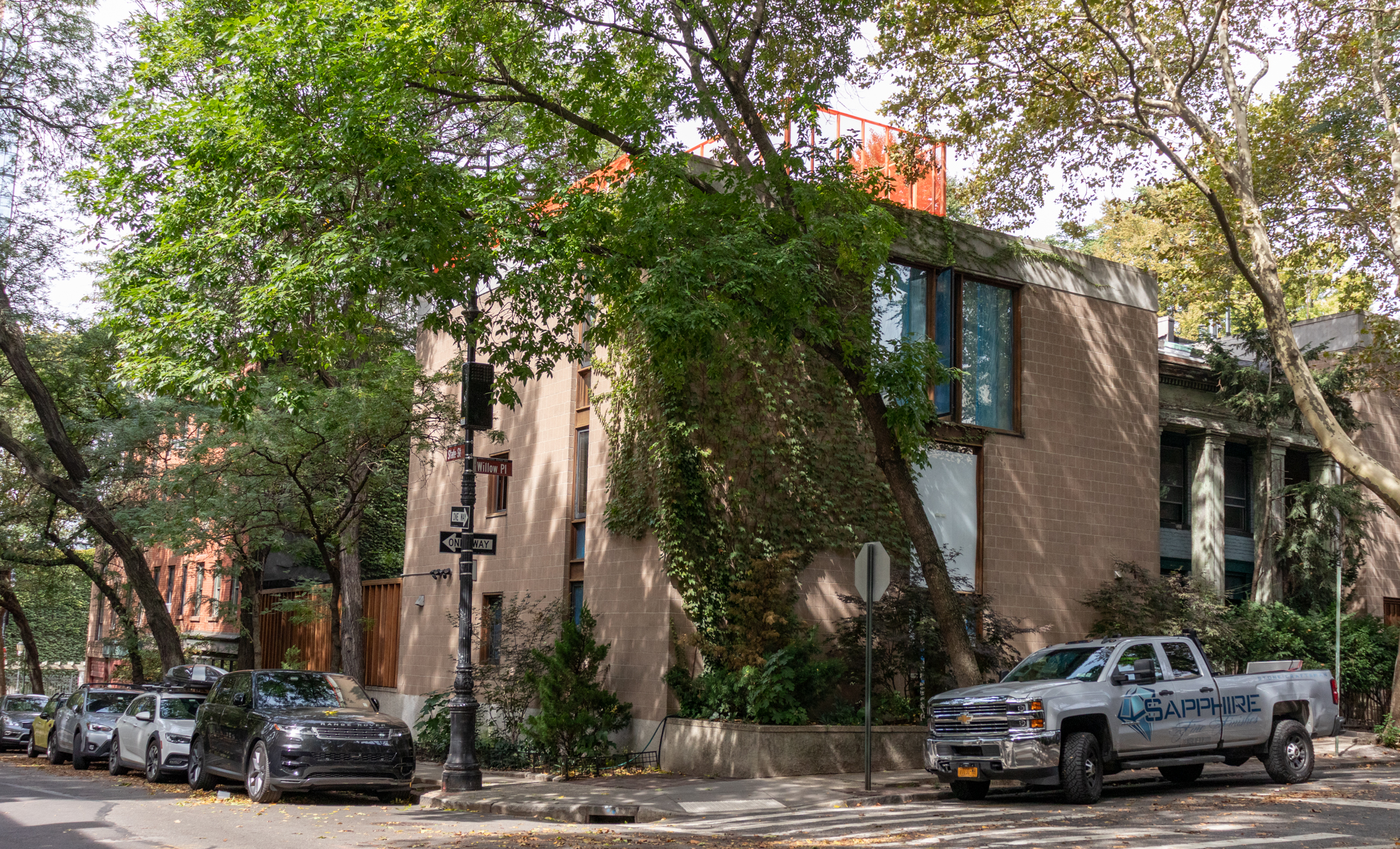(Most) Brooklyn Prices Continued to Rise in Third Quarter
Appraisal firm HMS Associates released some numbers about the Brooklyn market yesterday that looked quite bullish on the surface but were deserving of a large asterisk: The third quarter report, which show that the average sales price rose 12% over the previous quarter, purposefully omitted data from Bedford Stuyvesant, East New York and Brownsville, where…

 Appraisal firm HMS Associates released some numbers about the Brooklyn market yesterday that looked quite bullish on the surface but were deserving of a large asterisk: The third quarter report, which show that the average sales price rose 12% over the previous quarter, purposefully omitted data from Bedford Stuyvesant, East New York and Brownsville, where the sales volume fell a precipitous 50 percent over the last three months. For the sixteen neighborhoods the study did cover, there was
Appraisal firm HMS Associates released some numbers about the Brooklyn market yesterday that looked quite bullish on the surface but were deserving of a large asterisk: The third quarter report, which show that the average sales price rose 12% over the previous quarter, purposefully omitted data from Bedford Stuyvesant, East New York and Brownsville, where the sales volume fell a precipitous 50 percent over the last three months. For the sixteen neighborhoods the study did cover, there was plenty of some good news to be found. Year-over-year single family homes and co-ops rose 20% and 32%, respectively, while condo prices fell by 2.9%. Sales volume, while up in Greenpoint and Clinton Hill, fell 36% on average across the surveyed portion of the borough. According to Crain’s, HMS brass says the drop “points to unwillingness on the part of sellers to drop prices, combined with buyers willing to wait for better deals.” Comment: We’d expect this divergence between older homes and new condos to continue, if not worsen, as more condos come to market.
Brooklyn Home Prices Up in Third Quarter [Crain’s]





amen 11:02
put up a desirable property for sale and you’ll have no problem selling and a great price
key word is desirable – location, style, condition, etc
it doesn’t matter why inventory is low.
it’s low and that’s what matters in this case.
“Those buyers aren’t going to sell again until after they’ve been in thier homes for 10+ years.”
…because they’re guaranteed NOT to lose their jobs, guaranteed NOT to relocate and guaranteed NOT to divorce.
10:42, then why was there a 36% decline year over year? Was the number of people who had bought townhouses within the last five years so much smaller a year ago? Unlikely. If prices were still booming, there’s no doubt there would be significantly more inventory on the market.
“We provide fast and professional form and narrative reports, field and desk reviews and other products designed TO MEET THE SPECIFIC NEEDS OF LENDERS, DEVELOPERS, OWNERS AND ATTORNEYS.” – http://www.hmsassociates.net/
I think inventory is so low because some many people just bought their townhouses in the past 5 years. Those buyers aren’t going to sell again until after they’ve been in thier homes for 10+ years.
In short,
Low inventory because demand is sweeping up supply: Strong Market
or
Low inventory because sellers are holding out in hopes of higher prices: Weak Market
Which one is it?
9:40am…not bad points, but I think readers need to consider the investor-driven dynamics of a real estate boom. Housing inventory comes from existing homes being offered for sale as well as new construction and “flip-jobs” offered for sale. It is very likely (and frankly more probable) that the retreat of investors has driven the decline in inventory on the market. Keep in mind that during the boom, many people flocked to purchase properties, hold them for a short time and/or fix them up, and put them back on the market for re-sale. As this activity decreases, there will inherently be a decline in sales activity, as the existing owners (i.e., non-flippers) begin to make up the bulk of sales activity.
Also, consider that mortgage rates were very low for a while. Low rates motivated many people to buy homes they would actually live in and not move for a while. Not putting their homes on the market also detracts from sales activity.
I wouldn’t read the article as “bad” news, particularly when you consider the change in market dynamics.
Even if you set aside the caveat about the three missing neighborhoods, this report is hardly full of “good news,” at least not for sellers. A healthy market for a seller is one in which he/she is able to sell their property quickly, at a price they think is fair. But that’s not the case in the Brooklyn the report describes — otherwise sales wouldn’t have fallen 36% in the quarter. The HMS vice president in the story is quoted as saying, “The Brooklyn market has been amazingly strong. Sellers have not given in to the pressure to lower prices to attract buyers.” But this is a bizarre definition of strong, because the consequence of not lowering their prices has meant that a huge percentage of sellers haven’t been able to find buyers.
This also speaks to the supposed “lack of inventory” on the market. Unless you believe that people in Brooklyn suddenly decided en masse to stop putting their homes up for sale, the reason there’s a lack of inventory is because owners realize that the market has weakened, and that they’re not going to be able to get the prices they want. The incentives to sell have decreased significantly from a year ago, and so people are just sitting on their properties, rather than putting them on the market and watching them not sell.